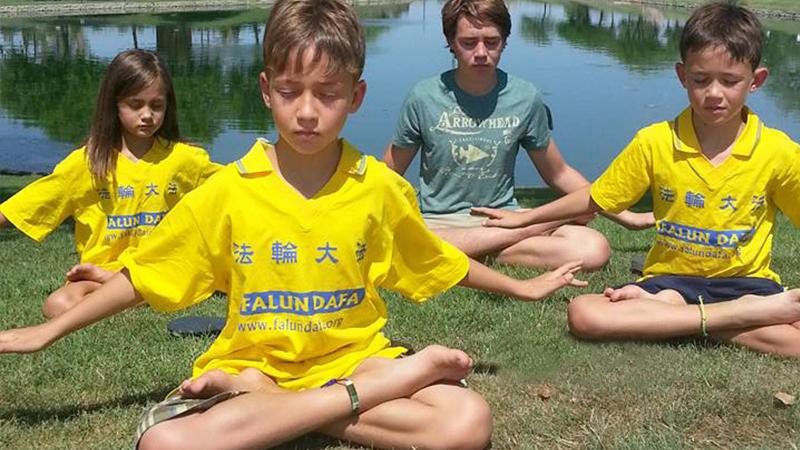Physical and mental health is directly correlated to the positive cultivation of one’s mind and body, which is why meditation, something that has been around since ancient times, is being increasingly taken up by people in today’s bustling society in an effort to enhance their lifestyles.
Many meditation disciplines that aim to spiritually uplift a person are based on ancient Eastern traditional values and are proven to have great health benefits. Meditation is a traditional part of Eastern culture, and the West is increasingly embracing it.






